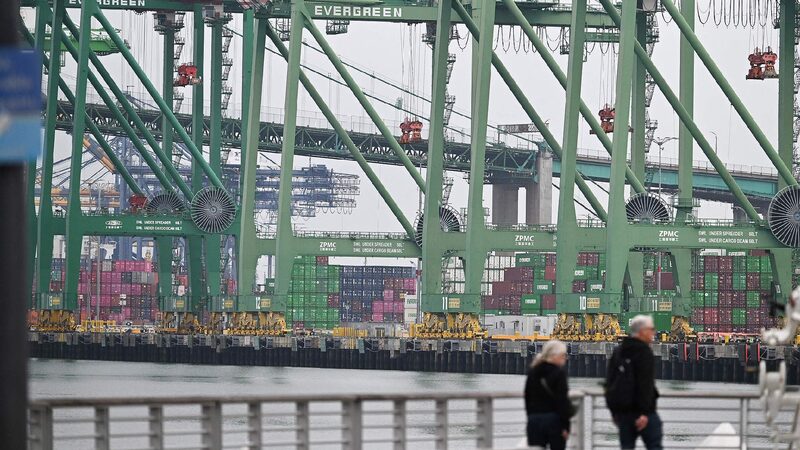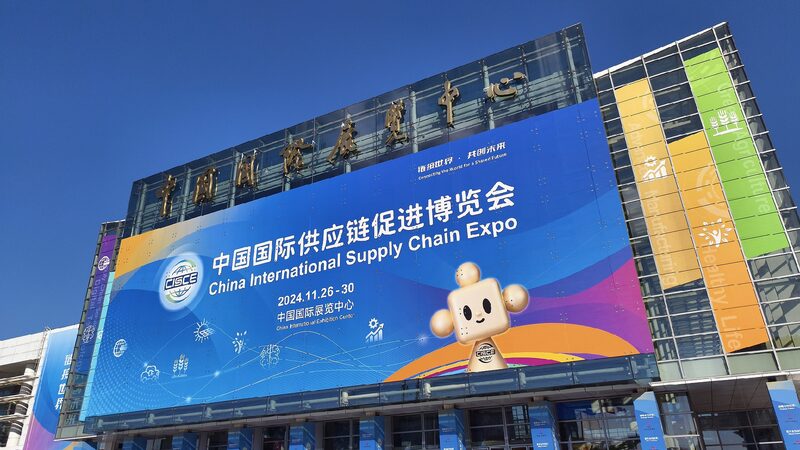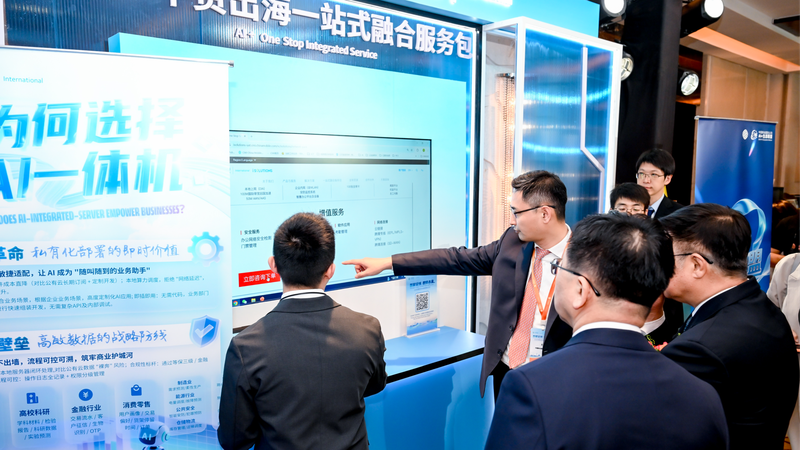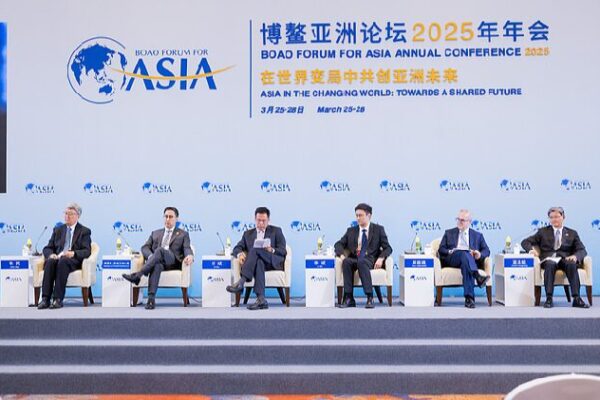Chinese Private Enterprises Chart a New Global Course
Chinese private enterprises are taking bold strides onto the global stage, reshaping the dynamics of international trade and cooperation. With their flexibility and innovative spirit, these companies are not only expanding their own horizons but also injecting new energy into the global economy.
Embracing Global Challenges
As the world grapples with anti-globalization trends and rapid technological advancements, Chinese private enterprises face fierce competition from traditional multinational corporations and navigate complex geopolitical landscapes. Despite these challenges, they emerge as pioneers in technological innovation, supply chain integration, and international collaboration.
Their journey from local markets to global prominence is emblematic of China’s broader economic transformation. Drawing strength from unique products, cutting-edge technologies, and novel business models honed in the vast Chinese market, these enterprises demonstrate resilience and adaptability.
Strategic Global Expansion
In uncertain economic times, flexibility is key. Chinese private companies are crafting clear international strategies, engaging in cross-border cooperation, and exploring outward-looking economic policies. Whether through exporting, establishing overseas bases, or leveraging cross-border e-commerce, they are rewriting the rules of globalization.
The phenomenon of “micro-multinational corporations” emerging from cross-border e-commerce platforms illustrates how even smaller enterprises can have a global impact. This trend is particularly evident in industrial clusters like the Yangtze River Delta and Pearl River Delta, where collaboration boosts efficiency and global competitiveness.
Innovation Leads the Way
Adopting “reverse innovation” strategies, companies like BYD are tailoring products for international markets while simultaneously enhancing their offerings at home. BYD’s electric buses in Norway, equipped with cold-resistant technology for polar climates, also benefit China’s northeastern regions.
Similarly, technology firms like DJI are developing intelligent solutions based on global agricultural needs, which then inform their domestic strategies. Through platforms like Amazon and Temu, Shenzhen’s electronics companies have optimized their supply chains to respond globally within 72 hours.
Building Global Trust
Compliance and governance have evolved from mere operational costs to competitive advantages. By establishing systems that meet international standards, such as dual-circulation data centers in the European Union or global quality traceability through blockchain, Chinese enterprises are building trust and expanding into developed markets.
Redefining ‘Made in China’
The globalization of China’s private sector represents a fusion of the country’s market-oriented capabilities with the digital age’s new production factors. When companies like FUYAO Glass innovate in overseas plants or NIO fosters user-driven R&D communities abroad, they redefine the global perception of “Made in China.”
Looking ahead, global competition will extend beyond products and capital. It will involve reshaping business paradigms and innovation ecosystems on a global scale. Chinese private enterprises recognize the importance of balancing technological sovereignty with open cooperation and are poised to build cross-cultural organizational capabilities.
The Road Ahead
As these companies continue to grow internationally, government policy support, such as initiatives under the Belt and Road framework, will play a crucial role. Chinese private enterprises are not just participants in globalization; they are active shapers of a new global economic landscape, one that emphasizes collaboration, innovation, and shared growth.
Reference(s):
Private economy's internationalization enters "new era of navigation"
cgtn.com








